
News
-
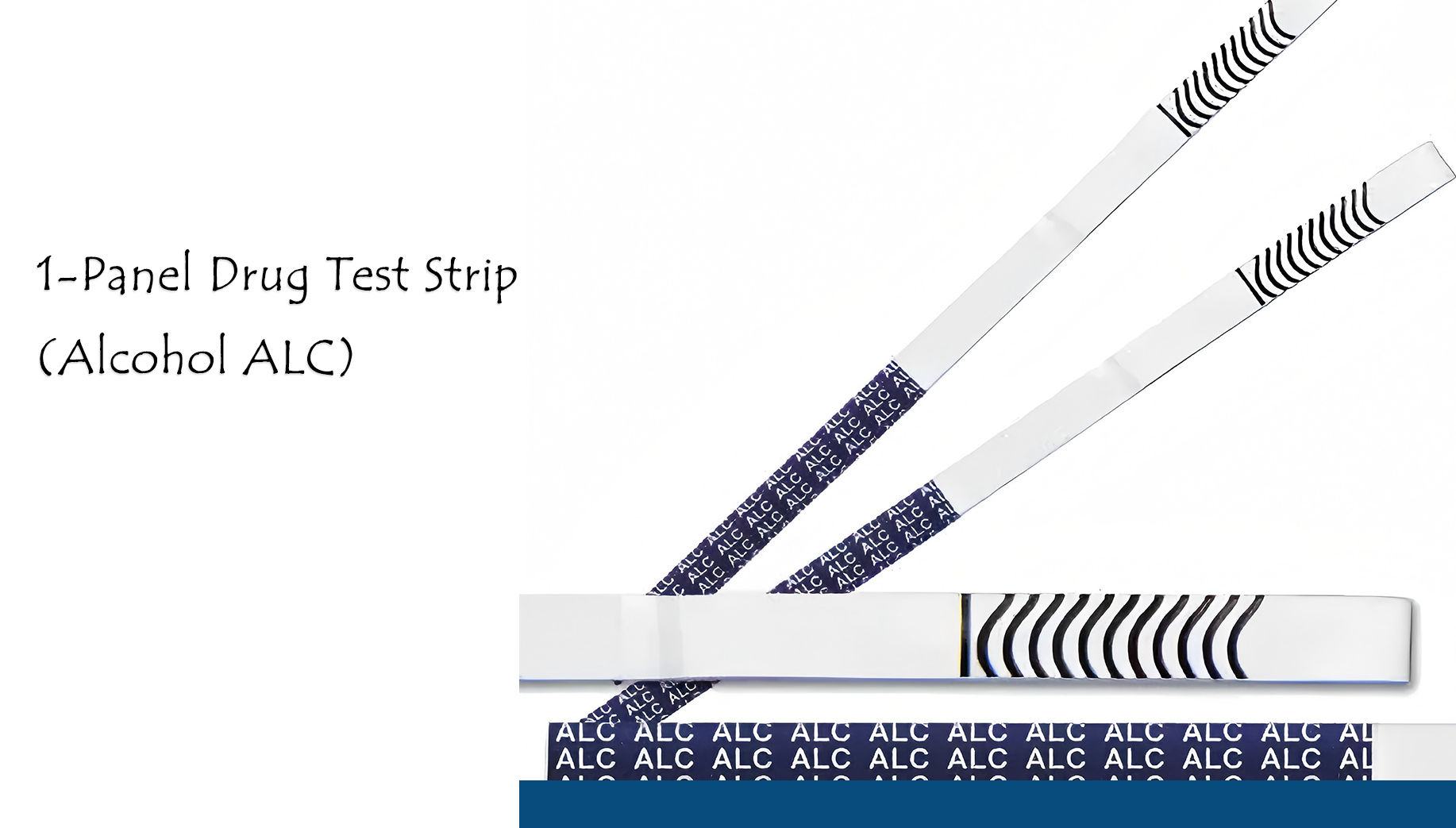
Can You Drug Test for Alcohol? Here's What You Need to Know
Drug test for alcoholtools are widely used in traffic safety, medical emergencies, high-risk workplace screening, and personal health management. According to the National Highway Traffic Safety Administration (NHTSA) ,thousands of people are caught for dRead more -
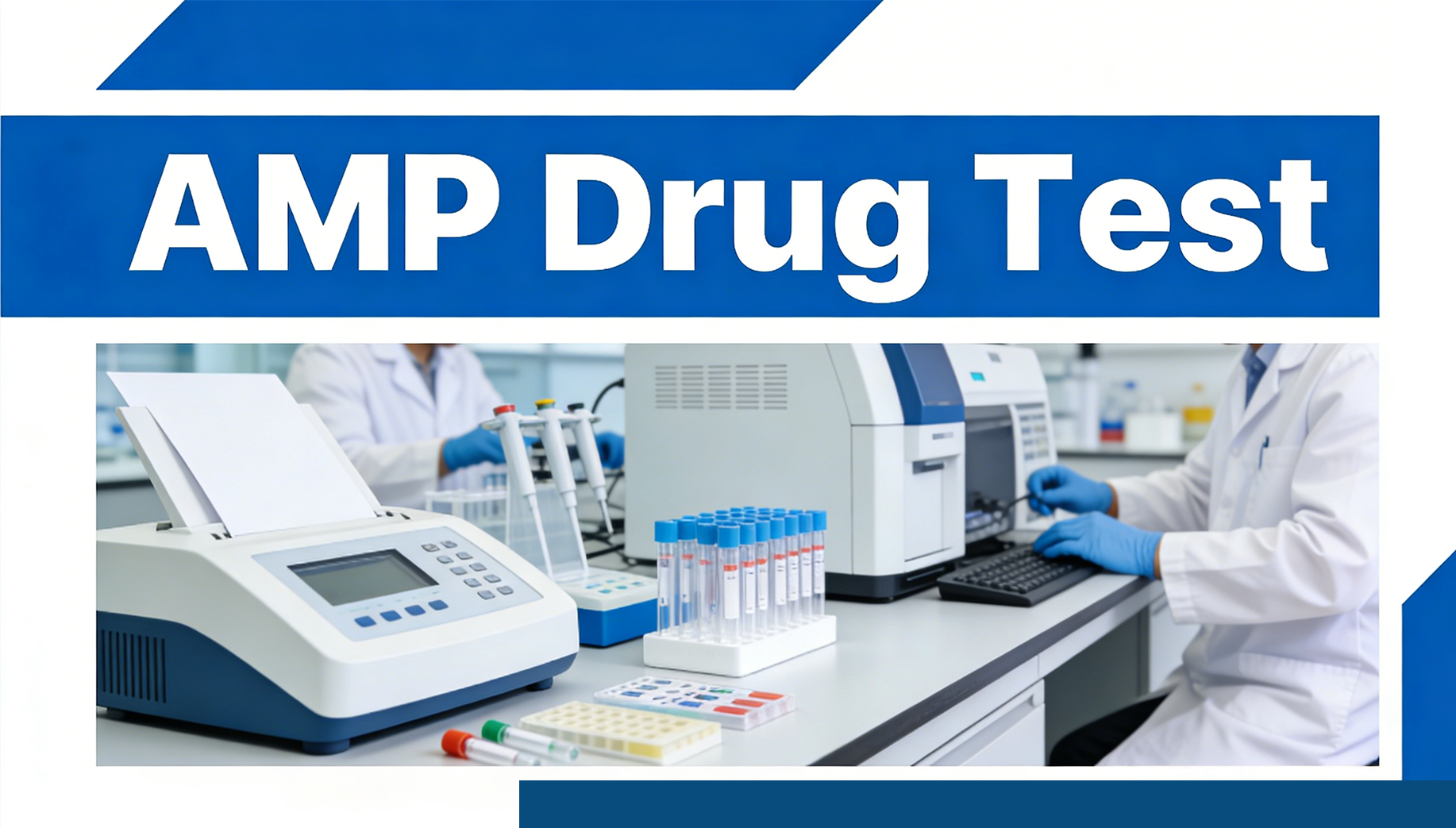
What is an amp drug test
What is an AMP Drug Test? When you see “AMP”on a drug test, it usually stands foramphetamines.Amphetaminesare a type of drug that can stimulates the brain, making users increase energy levels and feel alert and energetic. They are typically prRead more -
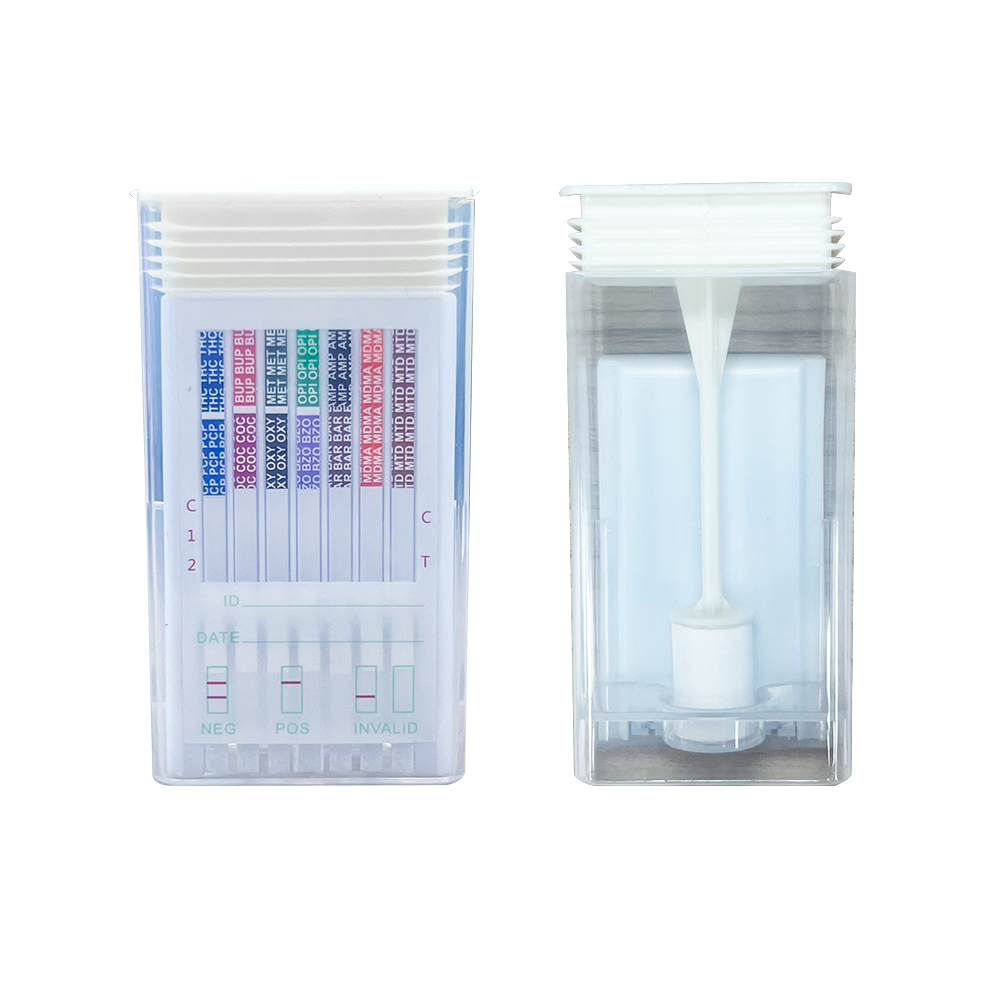
How accurate are urine drug tests for detecting substance use?
Introduction to Urine Drug Testing Urine drug tests are a widely utilized screening tool for detecting the presence of substances in an individual's system. They are commonly used across various fields, including employment, sports, and legal contexts. UnRead more -
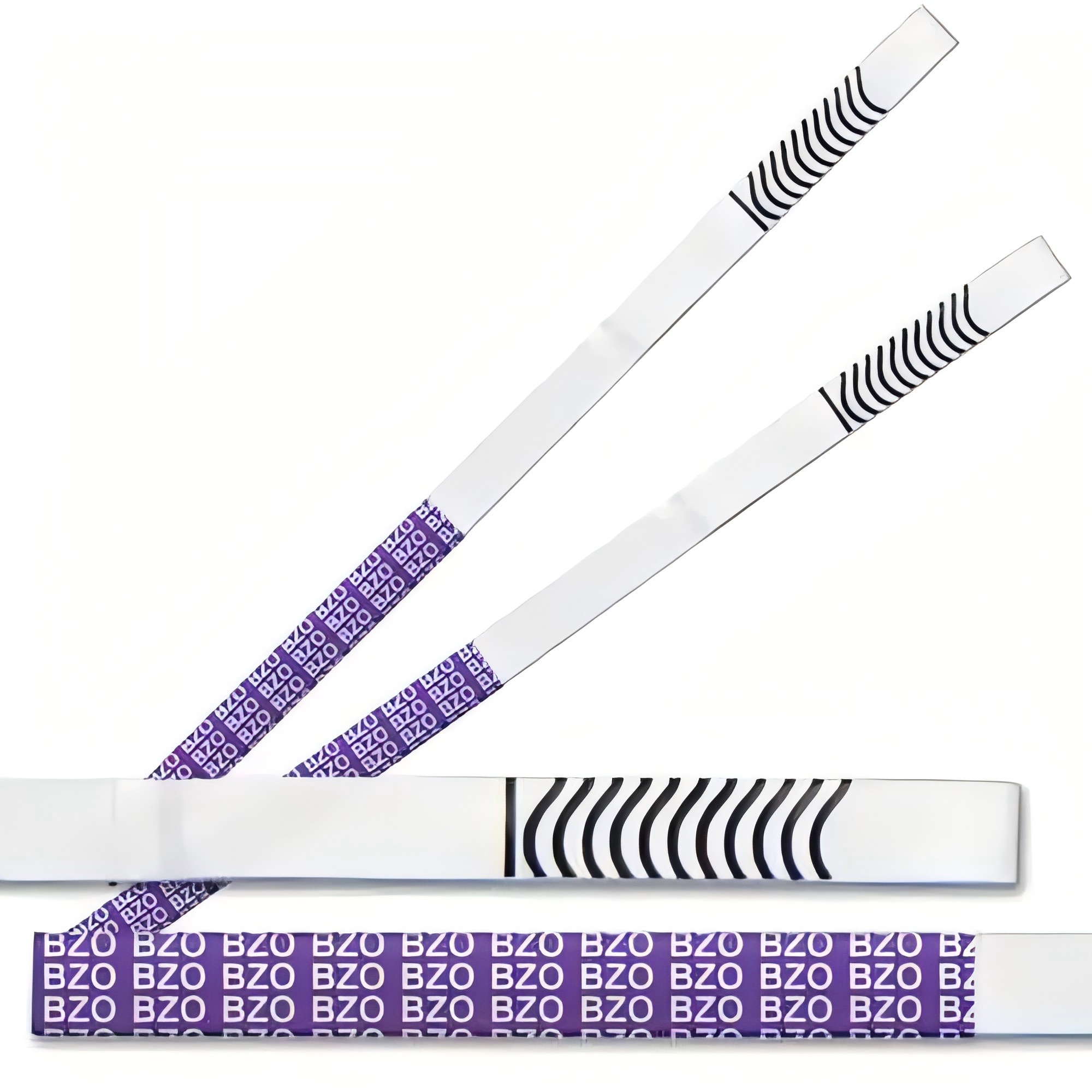
How long does it take to get results from a forensic drug test?
Introduction to Forensic Drug Testing Forensic drug testing is a crucial component in various sectors, including law enforcement, workplace safety, and healthcare. It involves analyzing biological samples to identify the presence of drugs or their metabolRead more -

What types of drugs can be detected with a FUO drug test?
Introduction to FUO Drug Testing Focusing on providing comprehensive drug screening solutions, FUO drug tests have gained prominence in various sectors, including workplaces, legal systems, and healthcare. As a wholesale supplier of custom drug testingRead more -

What is the difference between forensic use only drug test kits and clinical drug tests?
Purpose and Application Differences Forensic Testing Objectives Forensic drug test kits are primarily used to provide evidence in legal proceedings. They are designed with rigorous standards and documentation to ensure that results are admissible in courRead more -
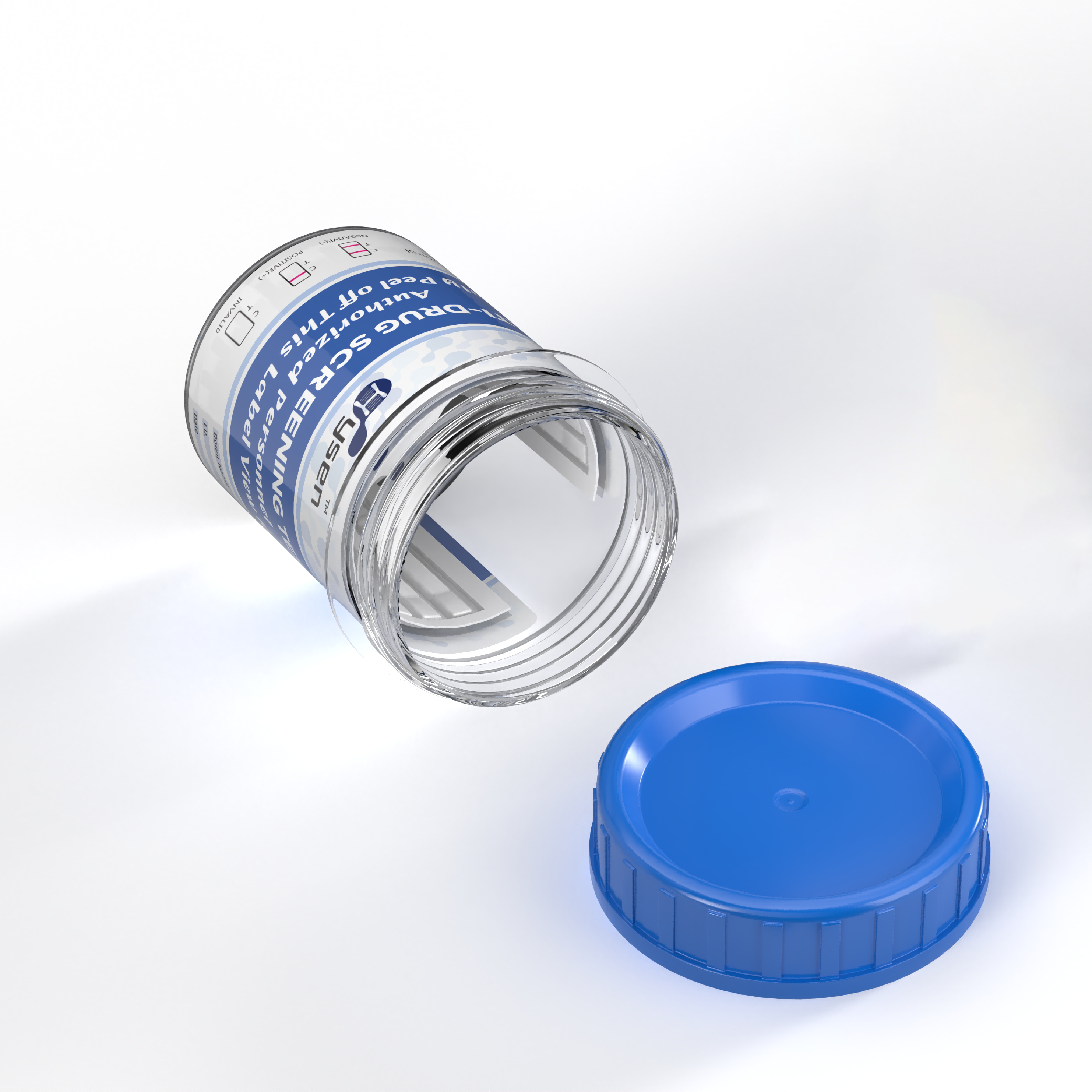
Do CLIA waived tests require specific training?
Understanding CLIA Waived Tests The Clinical Laboratory Improvement Amendments (CLIA) of 1988 have set the benchmark for laboratory testing in the United States. CLIA waived tests are a subset of laboratory examinations deemed simple and low-risk. DespiteRead more -
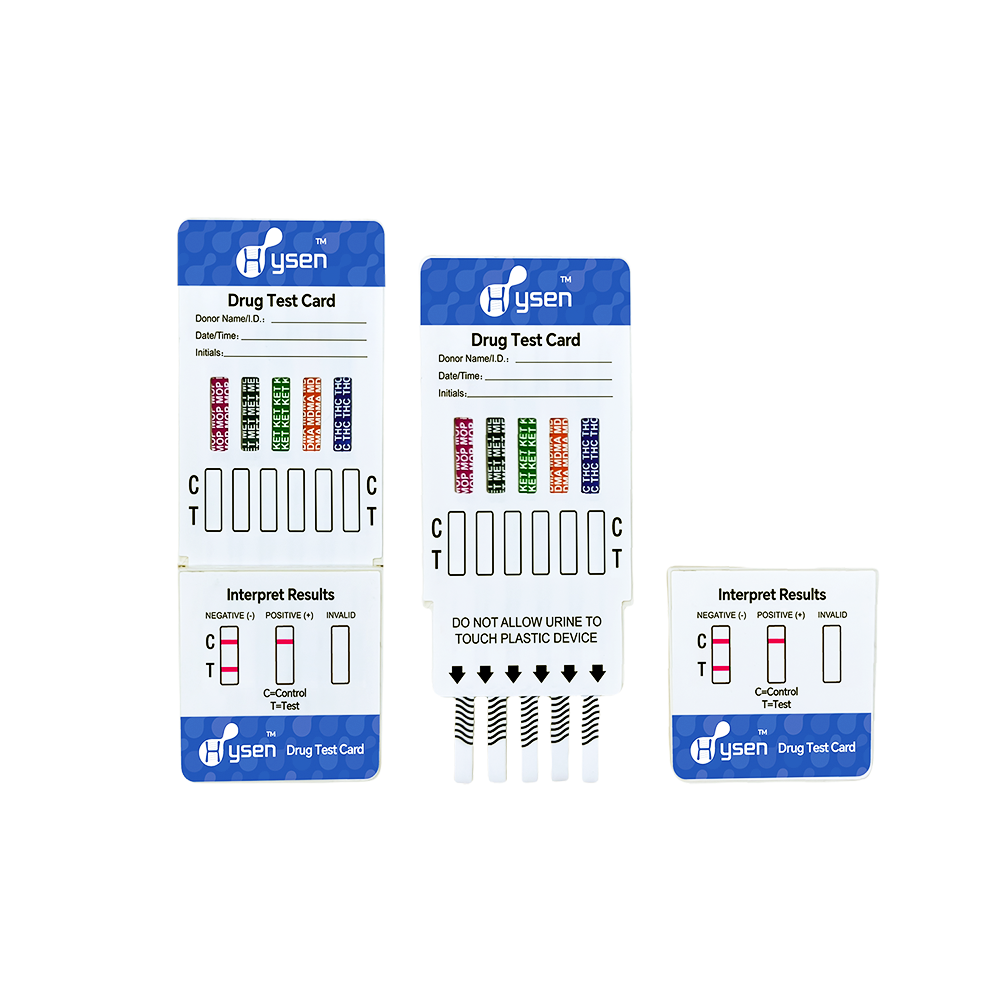
What is a 510(k) DOA in medical device submissions?
Introduction to 510(k) DOA: Understanding the Basics The 510(k) route provides medical device manufacturers with a mechanism to establish substantial equivalence to legally marketed predicates. The term DOA (Determination of Acceptability) in 510(k) submiRead more -
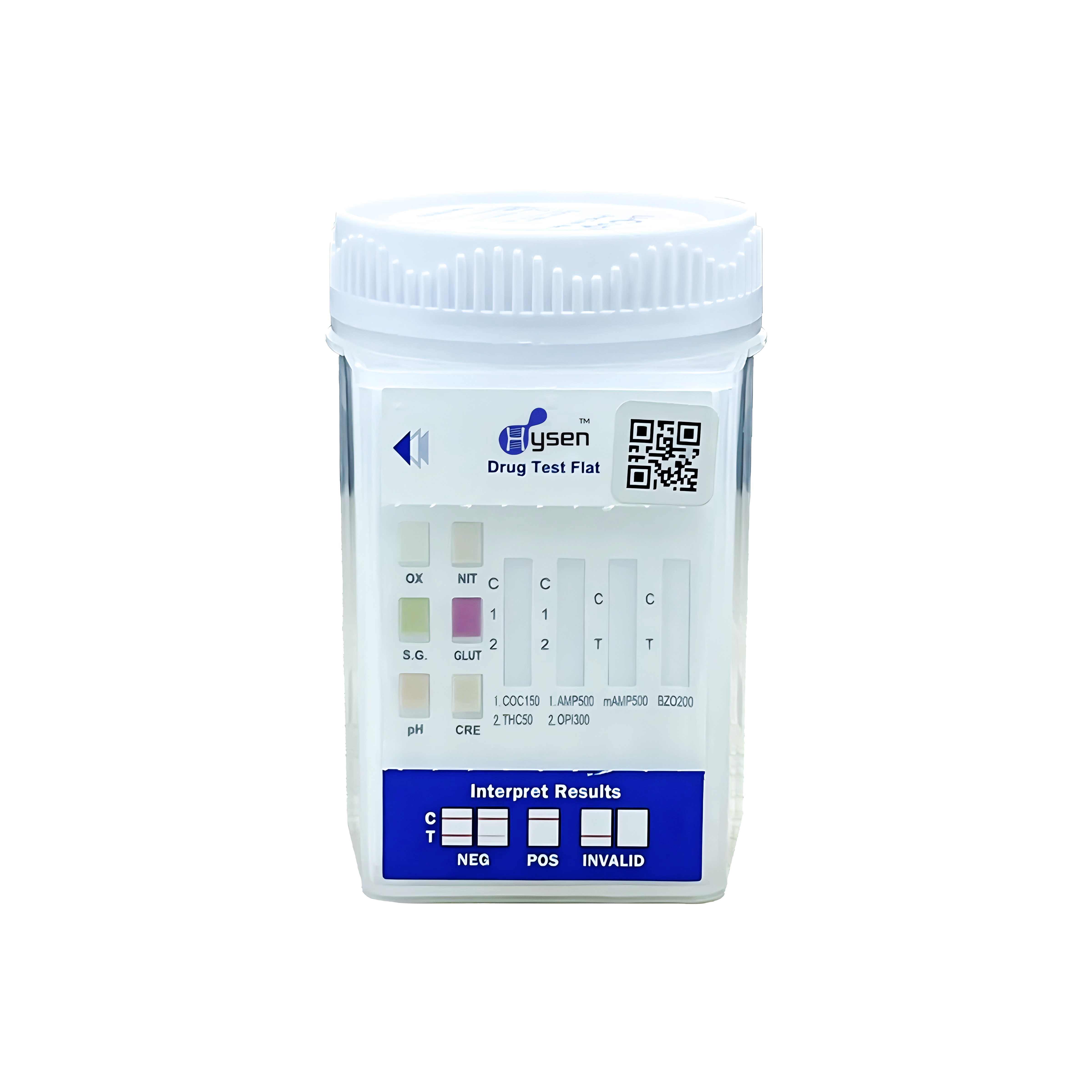
Can consumers trust 510(k) cleared drug tests more than non-cleared ones?
Introduction to 510(k) Clearance and Non-Cleared Drug Tests The realm of drug testing encompasses a variety of products that help determine the presence or absence of substances in the body. Consumers and health professionals alike often rely on these devRead more -

What is the difference between FDA-cleared and FDA-approved drug screening kits?
Introduction to FDA Regulatory Processes The Food and Drug Administration (FDA) plays a crucial role in safeguarding public health by regulating various consumer products. Among these are medical devices and drug screening kits, which are subject to strinRead more -
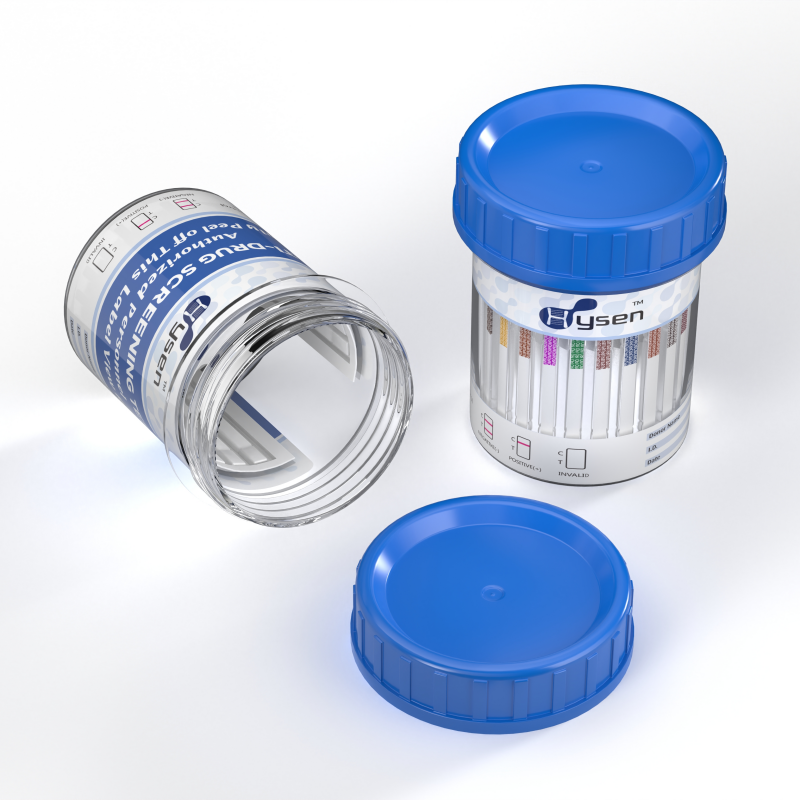
What makes a drug test eligible for 510K clearance?
Introduction to 510(k) Clearance for Drug Tests The FDA's 510(k) clearance pathway is essential for drug tests looking to enter the U.S. market. This pathway is crucial, as it defines the eligibility criteria for medical devices, including drug testing kiRead more -

What substances are commonly detected by CLIA waived drug screens?
Introduction to CLIA Waived Drug Screens CLIA (Clinical Laboratory Improvement Amendments) waived drug tests are a pivotal tool in modern healthcare and workplace drug testing protocols. These tests are recognized for their accuracy and reliability, and aRead more















